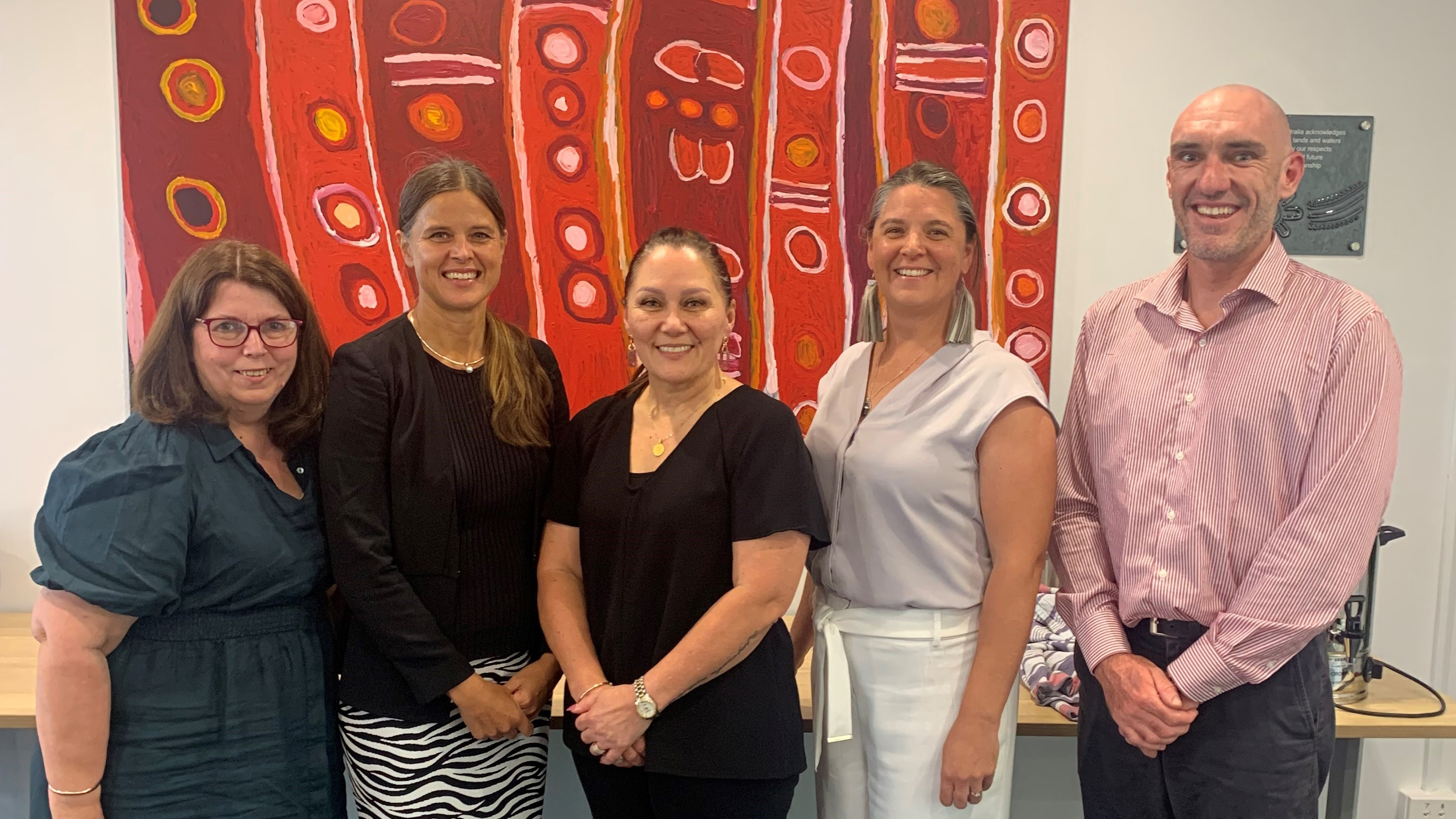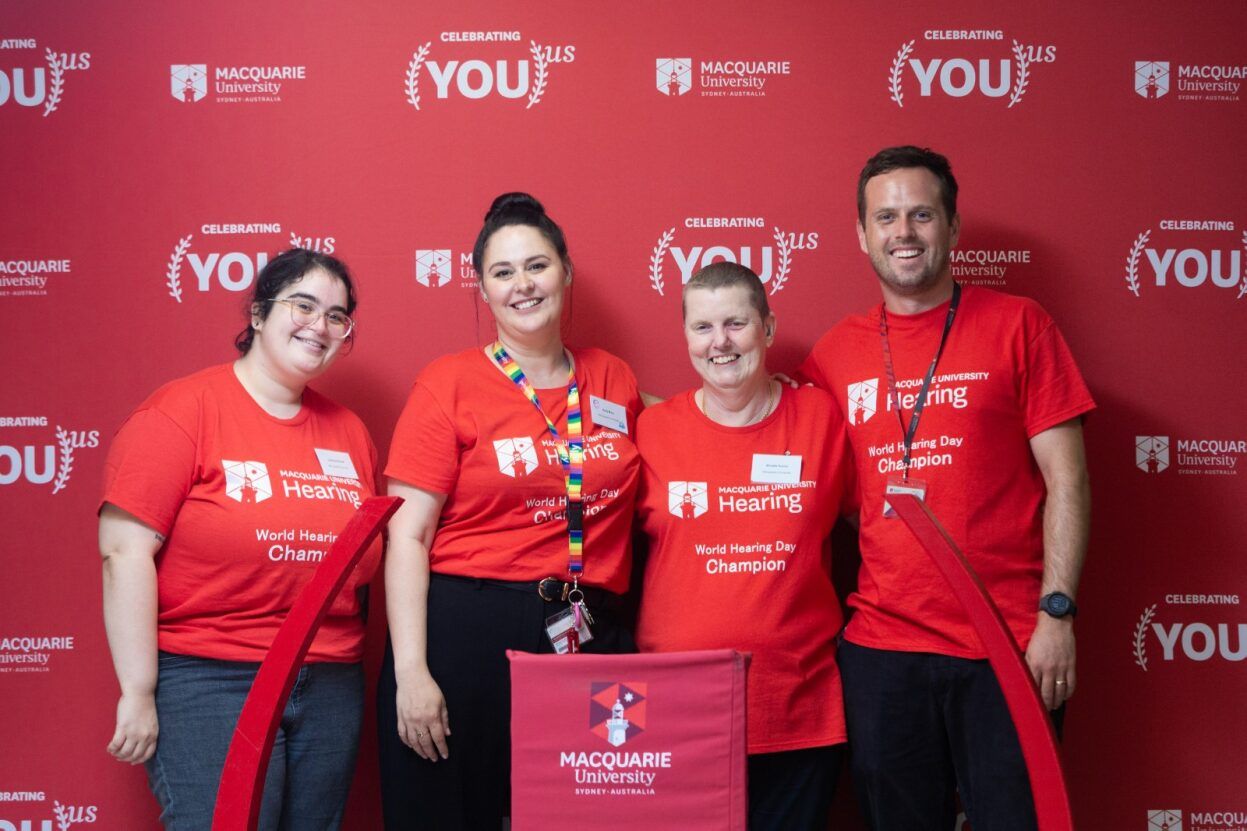In late September, the Macquarie University Cognition Clinic for Reading opened its doors for business for the first time. The Clinic provides evidence-based assessments, treatments, and workshops designed to support children with reading and spelling difficulties.
The reading and spelling skills of 16% of Australian children fall below the average range for their age. Poor reading and spelling impairs not only a child’s academic achievement, but increases their risk of emotional health problems such as anxiety, depression, and low self-esteem. It is therefore very important to treat reading and spelling problems as early and effectively as possible.
The ultimate goal of the Macquarie University Cognition Clinic for Reading is to help people make wise choices about treatments for poor reading and poor spelling. The Clinic do this in a number of ways. First, they draw on evidence-based cognitive models to provide individually tailored reading and spelling assessments that quickly and accurately pinpoint any weaknesses in a child’s reading and spelling system. Using the results of these tests, we create easy-to-understand written reports of a child’s reading and spelling abilities, and we provide recommendations for research-based interventions that will best target a child’s specific needs.
Second, they draw on the latest research findings to develop and administer treatments for children whose reading and spelling needs cannot be met by any other research-based reading or spelling treatments. These treatments typically cater for children with unusual reading or spelling profiles, such as surface dyslexia or dyspgraphia or phonological dyslexia or dysgraphia.
Third, starting in 2015, they will conduct professional workshops that provide practical step-by-step guidance to clinicians, teachers, and volunteers on how to provide evidence-based assessments and interventions for children with literacy difficulties. In doing so, the Clinic hope to further increase the number of people who make well-informed decisions about the treatment of children with literacy problems.









